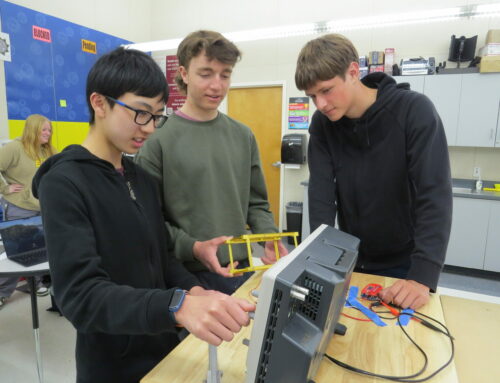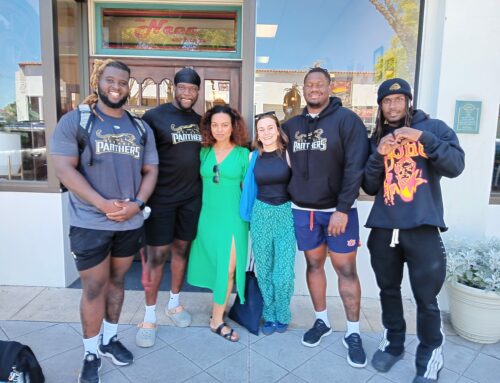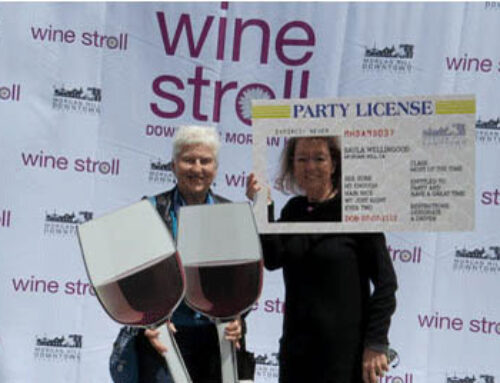Students excel in school when there is significant parental involvement
Published in the Oct. 29 – Nov. 11, 2014 issue of Morgan Hill Life
By Mario Banuelos
I attended the Sept. 23 public hearing where the Morgan Hill Unified School District board decided to deny the charter petitions submitted by Navigator Prep and Voices. It was nice to see so many parents advocating for their children, but were they really advocating for choice?
Their children will be successful in any schools they attend whether traditional or charter. Why? Because children succeed when parents are involved in their education. That is why parent involvement is a prerequisite for enrollment for many charter schools.
Despite this fact, we keep hearing the same message — parents want choices. Many in the audience at the public hearing wore matching T-shirts highlighting that point: “More Choice for Morgan Hill.” One speaker addressed the board and said that since we live in a capitalist country, we should appreciate that competition is good and that it creates better quality and delivery of services. Others used terms like “cutting edge” or “innovative” to describe the proposed educational programs.
These talking points are based on a business model for education that is deeply flawed and has been proven false.
I’ll give a simple analogy. What would happen if two new coffee houses were to open in Morgan Hill? What if the owners of the existing stores had to pay for the facilities for the two new stores? (An authorizing school district has to supply the facilities for a charter school.) What if the inventory costs of the new stores were subsidized by outside resources? (There is government and corporate grant money to start charters).
The two new stores would open their doors and sell coffee at an “innovative” price and instantly be successful, since their facilities and supplies are taken care of. The existing stores would lose customers and revenue. As a result, the existing stores would need to cut back on their hours or raise the cost of their coffee (schools would have to cut back on existing programs and lay off employees — public funds follow the students).
What happens to charters when the start-up grant money is all spent?
The addition of the two new coffee stores saturated the market. In order to grow or remain profitable, the two new coffee houses would have to seek out new markets, so they might expand to other regions or communities in order to get new start-up money.
In Navigator Prep’s case, they are attempting to expand from Gilroy to Hollister to Morgan Hill and Salinas. In the process, there is less local control, little accountability and even less transparency, as was pointed out by MHUSD staff on their recommendation to deny both petitions.
In a recent Huffington Post column by Peter Greene titled “Free market forces will not save US education – they will destroy it,” he states: “In a free market system, the school does not exist to serve the student, but the student exists to serve the interests of the school by bringing in money and by generating the kinds of numbers that make good marketing (so that the school can bring in more money). And that means that students who do not serve the interests of the free-market school must be dumped, tossed out, discarded.”
As the MHUSD staff confirmed with the enrollment trends at both Navigator and Voices, these charters do not serve all students.
In business, liabilities are quickly purged, decisions are dictated by the bottom line, and returns on investments are carefully calculated. Public education is not a consumer choice. It’s a social obligation to serve all students. Public education is not a consumer choice. It is a social obligation for the common good and benefit of all students and families.
When we privatize the profits and socialize the losses, who wins and who loses in the battle for educating our nation’s children? Education is too important to put into the hands of for-profit privateers.
Morgan Hill resident Mario Banuelos wrote this Community Voices column for Morgan Hill Life.







